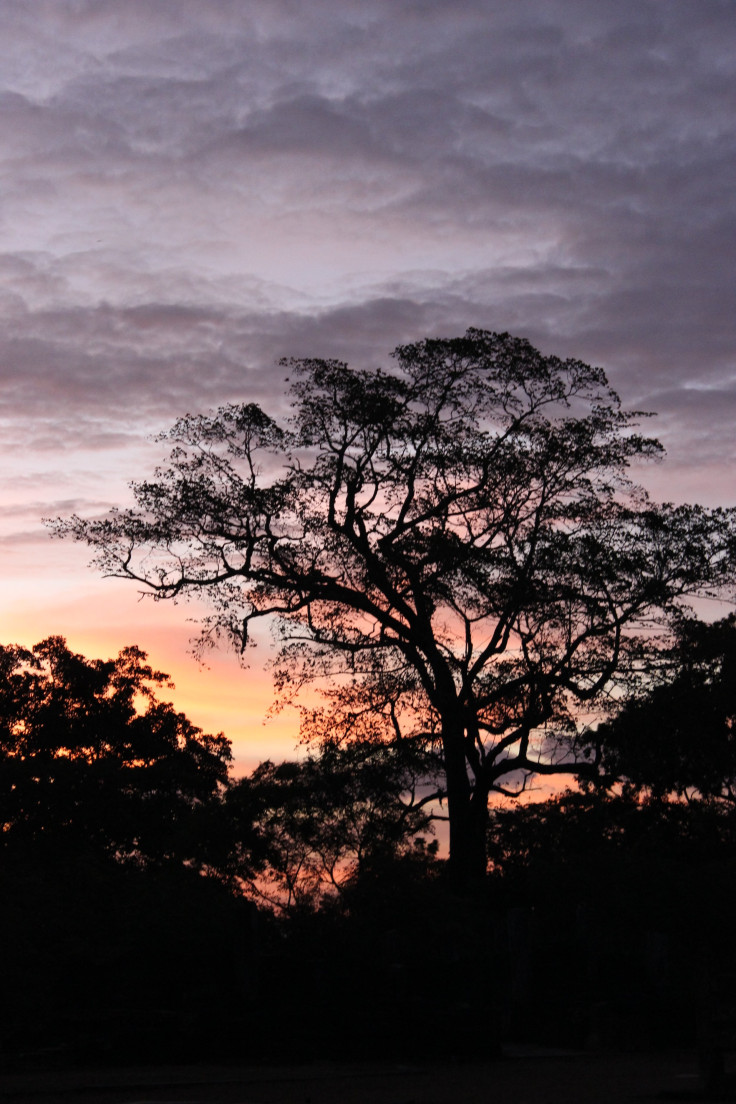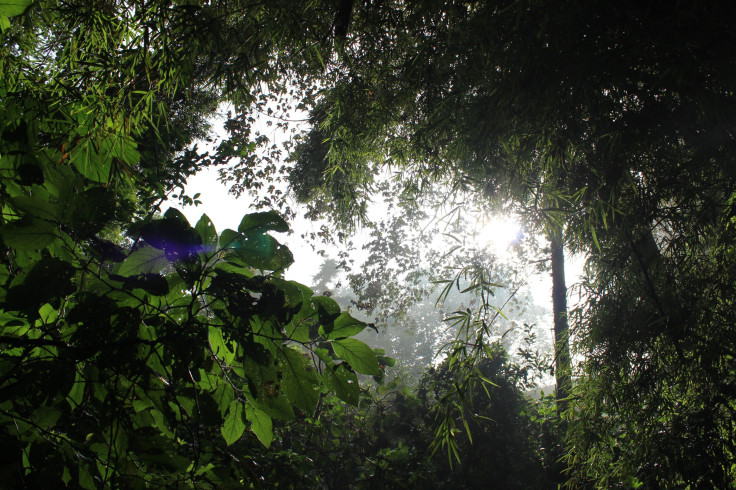Humans Have Been Cutting Down Forests For 45,000 Years

Humans have been burning and cutting down forests for thousands of years longer than is commonly thought, part of a long-running tradition of changing Earth’s natural environments.
Deforestation is not a new invention, according to a study in the journal Nature Plants, which went back in human history to explore how people have encroached upon tropical forests. The study says that although many consider this encroachment to be the hallmark of modern civilizations, archaeological evidence shows that we have “actively manipulated tropical forest ecologies for at least 45,000 years.”
Read: How Often Did Ancient Humans Have Sex With Extinct Relatives?
The research into the human interaction with tropical forests was separated into three phases, from hunting and gathering to early agriculture to the large urban settlements we have today. The forests experienced human impacts across all three of these eras.
More recent societies have infringed on tropical forests as they pursued widespread agriculture, mined for resources, raised livestock and made way to build urban communities. But prehistoric humans like hunter-gatherers had needs too. Around the globe, they started controlled burns in these environments to make land more usable for themselves.
“By clearing parts of the forest, humans were able to create more of the ‘forest-edge’ environments that encouraged the presence of animals and plants that they liked to eat,” according to the Max Planck Institute for the Science of Human History, which had researchers involved in the study. Those locations included Southeast Asia, which had evidence of burned areas going back at least 45,000 years ago, as well as places like Australia and New Guinea. It’s possible that burning areas of forest played a role in the extinction of some large forest animals like the giant ground sloth, which could grow as big as 11 feet tall and 13,000 pounds and died out about 12,000 years ago.

Then in the early farming days, perhaps starting 10,000 years ago, humans used tropical forests to grow crops like yams and bananas. Some of their activity altered the ecology of the forests as they domesticated chickens and agricultural plants like mangoes and chili peppers. And when agricultural activity ramped up from smaller operations to larger ones, humans burned forest to clear the way for the crops and caused soil erosion.
Both the extinctions of the hunter-gatherer era and the ecological changes that resulted from early forest farming had lasting impacts on the environment that persist today.
“These practices, which induce rampant clearance, reduce biodiversity, provoke soil erosion, and render landscapes more susceptible to the outbreak of wildfires, represent some of the greatest dangers facing tropical forests,” study co-author Chris Hunt, from Liverpool John Moores University, said in the statement.
Read: Animals That Hunters Have Sent to Extinction in the Last 150 Years
According to the study, the research shows how societies today should practice forest conservation. There is a lesson, for example, in the Mayan practice of planting a variety desirable crops around existing plants rather than cutting down those native plants — as opposed to the practice of clearing swaths of forest and planting a large amount of a single crop.
“Indigenous and traditional peoples — whose ancestors’ systems of production and knowledge are slowly being decoded by archaeologists — should be seen as part of the solution and not one of the problems of sustainable tropical forest development,” lead author Patrick Roberts said in the statement.
One of the key takeaways of the researchers is that tropical forests were not “pristine natural environments” before humans embarked on their modern agricultural practices and began industrializing, according to the Max Planck Institute. “The researchers recommend an approach that values the knowledge and cooperation of the native populations that live in tropical forests.”
© Copyright IBTimes 2025. All rights reserved.





















